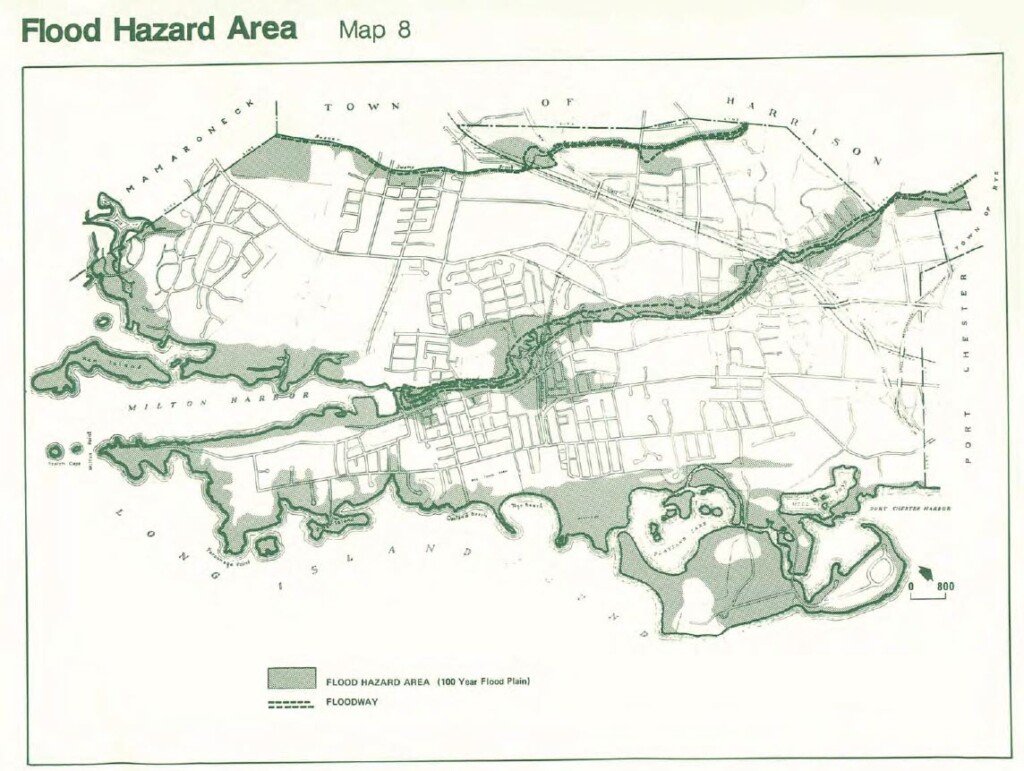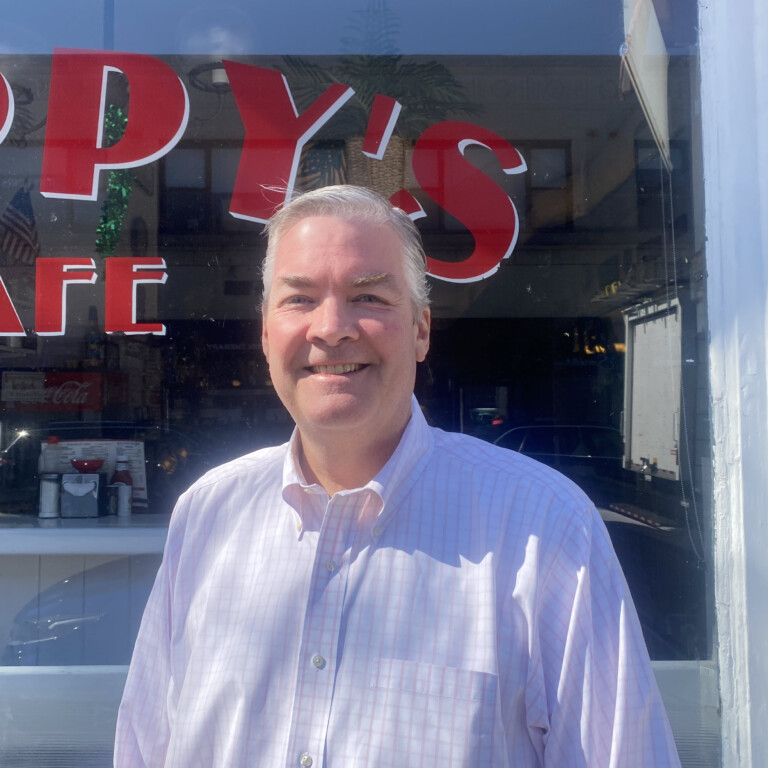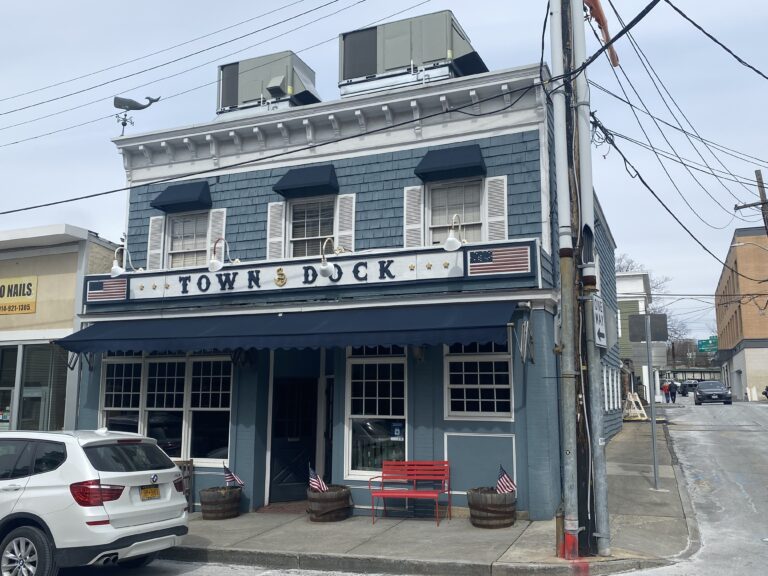LETTER: Tagger-Epstein on the Need for a Comprehensive Plan

In a letter to MyRye.com, Danielle Tagger-Epstein, chair of the Rye Democratic Committee, responds to Judge Latwin’s Holding Court column on comprehensive plans, saying “making zoning changes without a comprehensive plan is like driving with your eyes closed”.
The letter:
To MyRye.com:
In this week’s column Judge Latwin chose to write about zoning and the Comprehensive Plan.
I am writing to address only some of the comments in the Judge’s latest piece. In his article he describes the legal elements of the comprehensive plans but suggests that simply passing some zoning laws over the years is sufficient to meet the requirements of an updated comprehensive plan .
As someone who has advocated for a new comprehensive plan, I would like to take this moment to explain the difference between updating a forty-year-old comprehensive plan and passing some changes in zoning laws.
First, what is a comprehensive plan and why do some running for office “bemoan” as Latwin states, the need to update it?
A comprehensive plan is a document that lays out a community’s long-term vision for land use, and growth management including goals for development, transportation, housing, and other key considerations such as flood mitigation and climate change. In fact Judge Latwin quoted the many complex elements of General Law 28 -A that comprise a comprehensive plan, including “The participation of citizens in an open, responsible and flexible planning process is essential to the designing of the optimum city comprehensive plan.” (https://www.nysenate.gov/legislation/laws/GCT/28-A)
It’s therefore surprising that merely changes in zoning rules by a city council would be sufficient.
Comprehensive plans should be reviewed and revised to update demographic information of its communities as this can affect projections of population, land use, and traffic. These changes have an effect on other land uses, like roads and public facilities such as the downtown business district, parking and recreation facilities and such changes should be incorporated into one’s comprehensive plan.
Our 1985 plan, which was excellent and still sits on my desk, no longer reflects in accurate terms any of those key components. It is clear that something written forty years ago would not be relevant to the needs of our community in 2025. The time to address this is long overdue.
Zoning laws dictate how land and property can be used in certain areas of the city. They have penalties and consequences for not following them. The comprehensive plan helps guide the need for change based on goals of the long-term vision of the city. The zoning laws on its own do not replace the need for a community to have the very critical conversations amongst all stake holders in order to create a thoughtful updated comprehensive plan. New laws should be based on the plan’s recommendations. Ad hoc changes to zoning laws can create major community opposition and create unnecessary grievances amongst residents.
Making zoning changes without a comprehensive plan is like driving with your eyes closed, the results can be equally as destructive to infrastructure and civil discourse. If Judge Latwin’s article is implying that the comprehensive plan could be updated largely through zoning change clearly this would be insufficient.
-Danielle Tagger-Epstein, Rye, October 23, 2024






